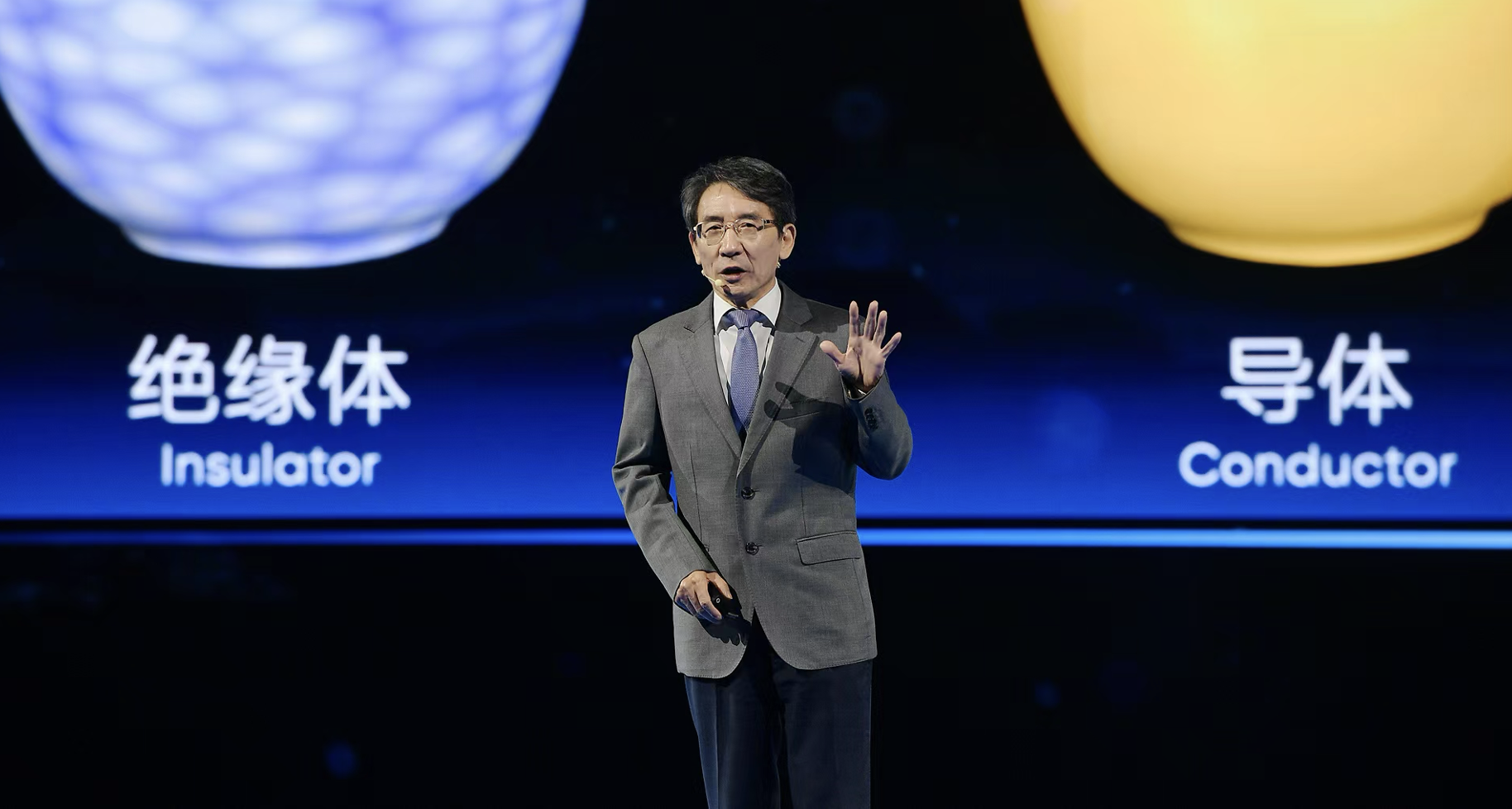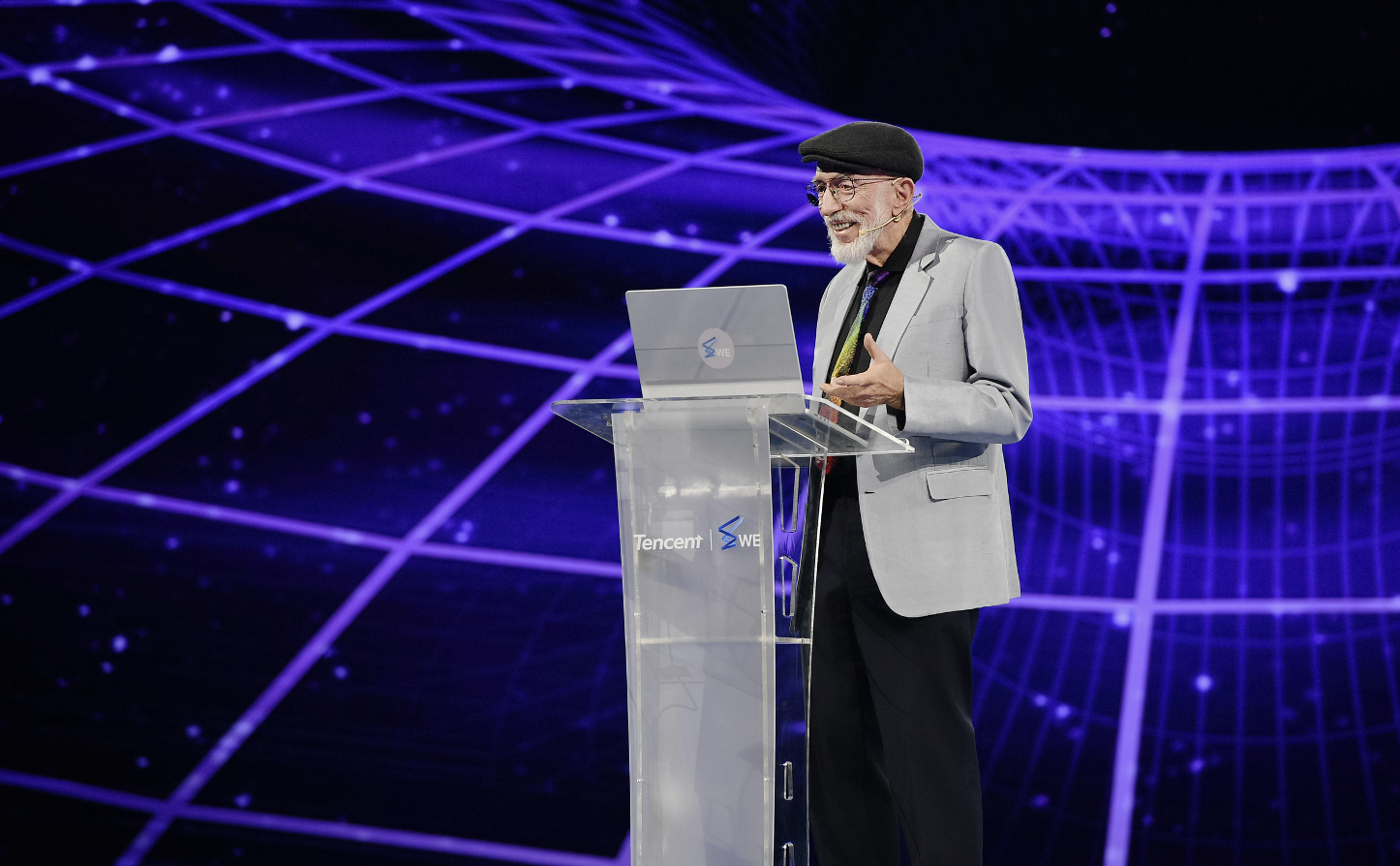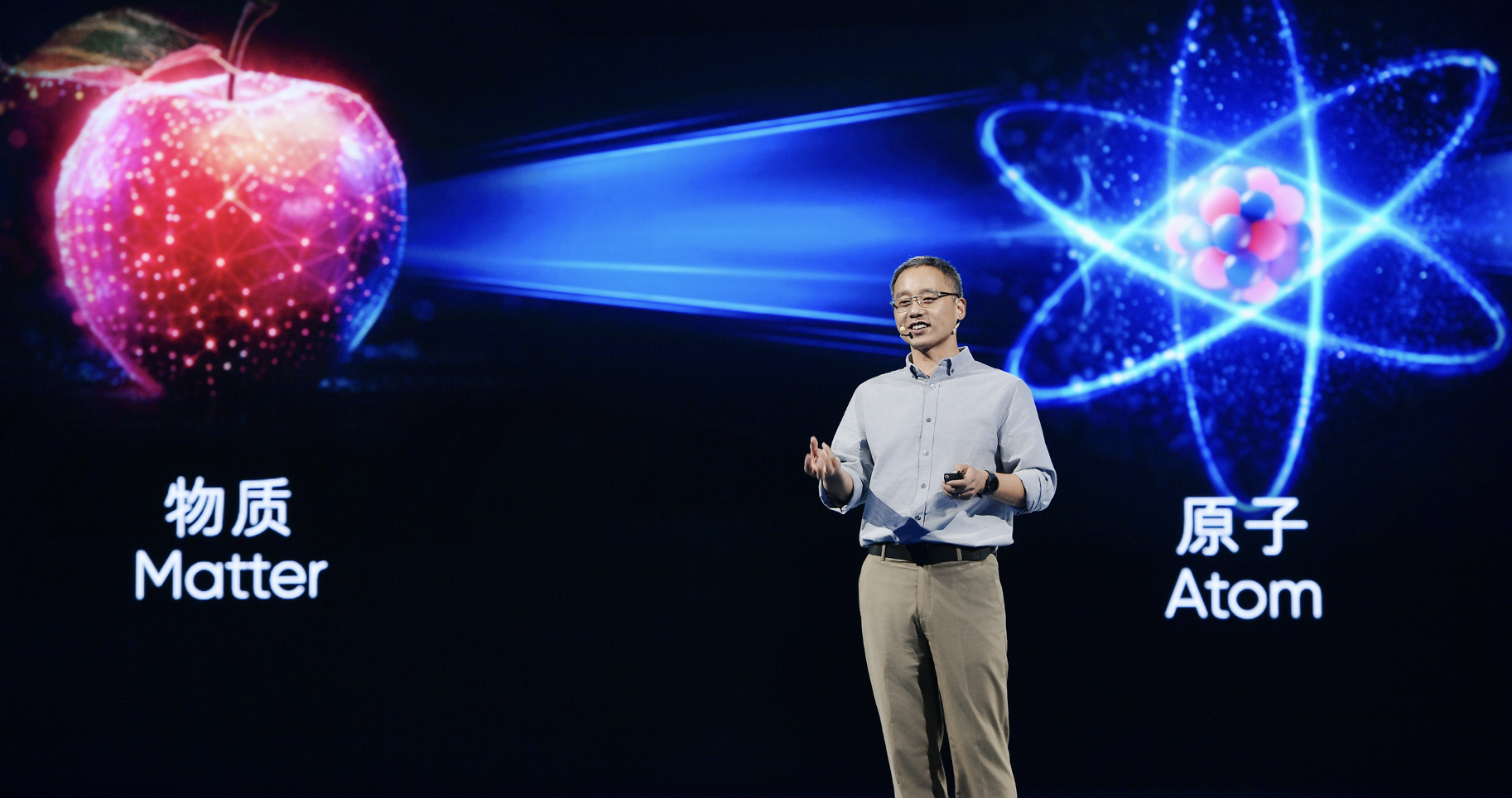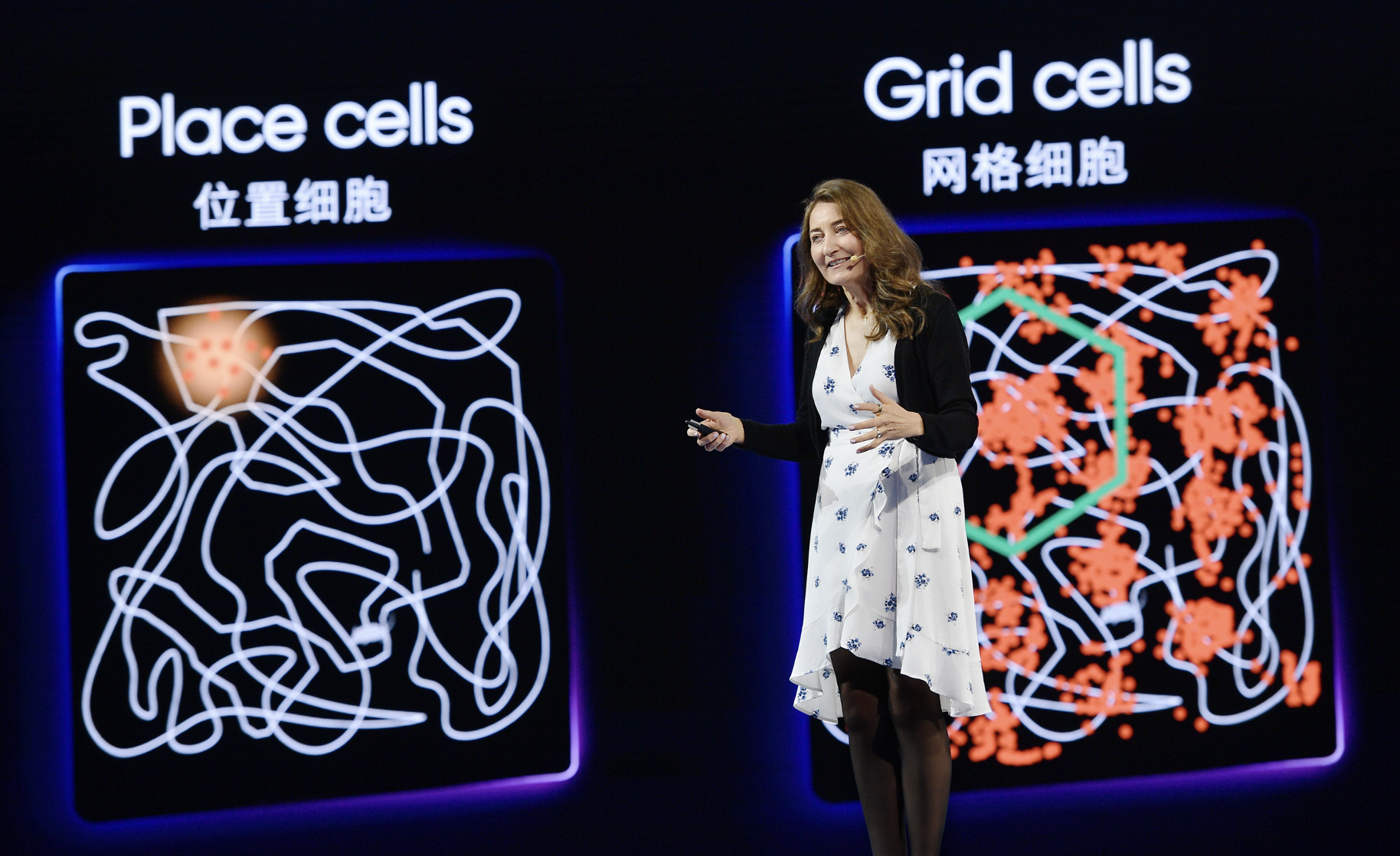Top World Scientists Discuss ‘Tipping Point’ Discoveries at 12th Tencent WE Summit
Thanks to science and tech, possibilities that once seemed like dreams are now fixtures of daily life. And science and technology continue to propel humanity toward new frontiers and better societies. “The science fiction of today can continue to become tomorrow’s reality,” said science fiction director Guo Fan, setting an upbeat tone for the 12th Tencent WE Summit, which took place in Chengdu, China, in early November.
With the theme “Tech Tree: Tipping Points” as a guiding light, five leading scientists, including two Nobel Laureates, captivated the audience with insights into quantum technology, black holes, gravitational waves, and dark matter. They also unveiled pioneering discoveries in neuroscience and bioengineering that can help fight disease.

These scientists share a common belief: Humanity must remain curious and relentless in continuing to uncover the mysteries of the unknown. This aligns with Tencent’s vision of Technology for Good. Tencent also supports basic scientific research on an ongoing basis through its Xplorer Prize.
The 2024 WE Summit continued a tradition that began in 2013. As of now, the event has been attended by nearly 100 of the world’s leading scientists who shine a light on their discoveries. Read on for this year’s highlights.

Quantum technology scientist Professor Qi-Kun Xue detailed the rigorous and meticulous four-year journey that he, his colleagues and their respective teams took to validate the new law of Quantum Anomalous Hall Effect in a magnetic topological insulator — an innovative material that can both insulate and conduct electricity. Their findings herald intriguing possibilities in low-power-consuming electronics.
“I urge young people to maintain their curiosity about nature and science. Love science, advocate for science, and dare to engage in science,” Professor Xue said.
Black holes and the birth of the universe

Nobel Laureate Professor Kip S. Thorne illuminated black holes and the gravitational waves produced when two of them collide and merge in a distant universe. Approximately 1.3 billion years later, a tipping point came when these waves were faintly detected on Earth.
By the 2030s or 2050s, Professor Thorne predicts, the discovery of gravitational waves from the Big Bang may lend more clarity on the birth of the universe and quantum gravity laws.
Dark matter and mystery

Professor Jiang-Lai Liu oversees the dark matter detection experiment at the China Jinping Underground Laboratory in Sichuan Province. He said 95 percent of the universe is made up of dark matter and dark energy, of which 27 percent is invisible and intangible. Discovering the existence of dark matter will bring greater understanding of the universe and, potentially, a revolution in physics.
“It may take decades to make any inroad in scientific exploration and then a strange new phenomenon appears the next day! This unpredictability is a powerful attraction,” Professor Liu said. Liu was also a recipient of Tencent’s Xplorer Prize in 2019.
A GPS system in the brain

Professor May-Britt Moser was part of the team that won the Nobel Prize in Medicine for discovering cells that constitute a positioning system in the brain akin to GPS. Their work is far from finished.
“What we know is that when people get dementia, Alzheimer's disease, these cells are the ones that die first. When we search for the causes of dementia, we have to ask the question, Why do these cells die? And that is when we can stop them from dying.”
Revolutionizing drug development


